The Florida Project Creates a Beautiful Blast of Life on the Economic Edges of the Sunshine State
AV Club
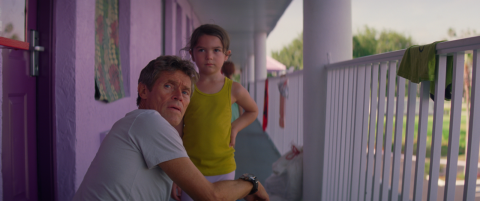
As much as the film taps into a venerable tradition of observational realism (witnessing, never editorializing), it’s not “objective.” An indisputable ally of the disenfranchised, Baker honors his subjects by telling their stories honestly, without Hollywood distortion or flattering embellishment, and through a gaggle of actors mainly plucked from the area, not central casting.

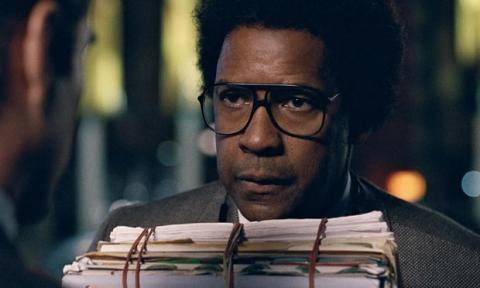
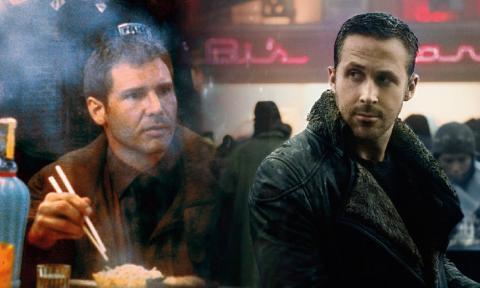
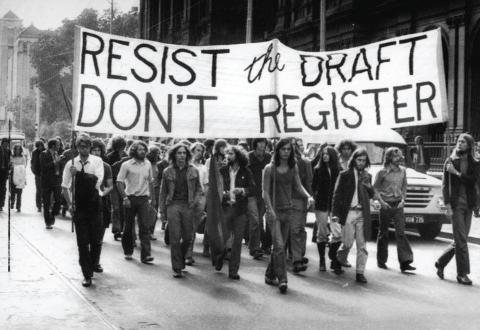

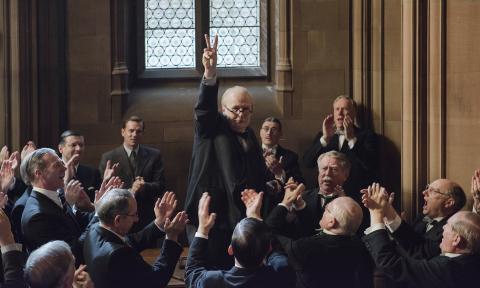
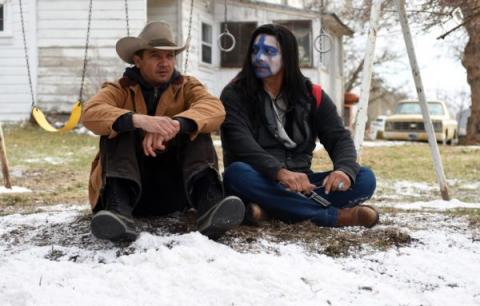
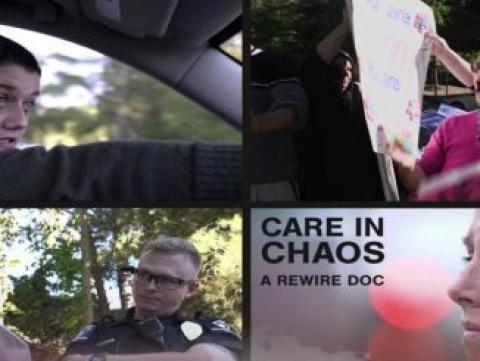
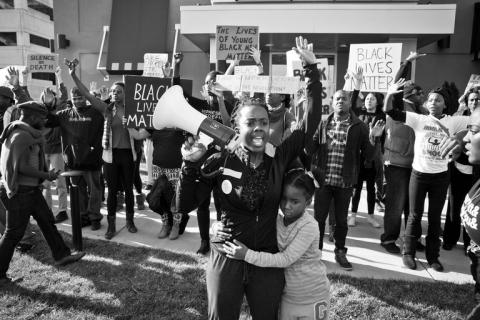
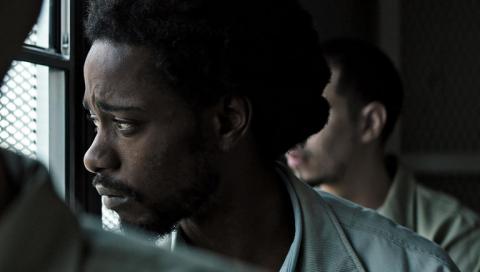
Spread the word